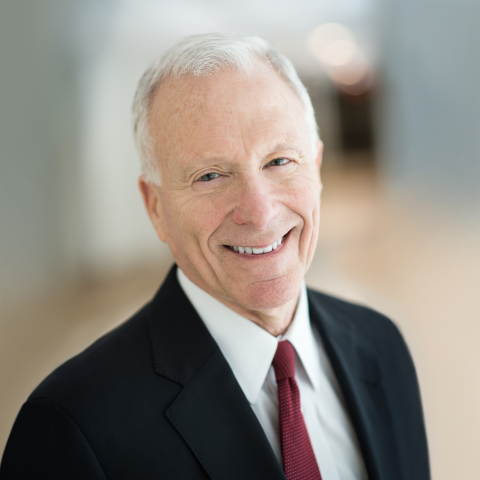"We were wrong, wrong about Israel!” As the Israeli Arab journalist Khalid Abu Toameh has observed, this statement sums up many public Arab reactions to the new peace treaties between Israel and the UAE, Bahrain, and, most recently, Sudan. Beneath the acknowledgment of past error lies an acknowledgment of something more, a long-supressed reality that important Arab public figures—from political officials to clerics to intellectuals—are now openly proclaiming: that the Arab world has been the primary author of its own pain.
Such realizations are, of course, only one benefit the new treaties promise, and it is presently outweighed by several others. On a security level, the new strategic, political, and military order implied in them establishes Israel and the Sunni “pragmatic” camp as a strong counter to the aggressive threats of Iran and Turkey, both of which have, of course, therefore denounced the deals. On an economic level, the treaties propose commercial, technological, and educational ties that promise more diversified and prosperous economies within the “pragmatic” camp. And on a social level, the new alignment furthers Israel’s long-delayed cultural integration into the region.
Yet over the long term, Arab admissions of error about Israel may prove to be the most important effect of the accords, both for the Arab world and perhaps throughout the Muslim world more generally. These admissions may signal the beginnings of a new sensibility among Arabs and Sunni Muslims about their political and social situation, a rare sensibility more congenial to self-critical reflection which, until now, has constituted a major obstacle to the region’s progress. If this aborning self-concsiousness takes root in the Middle East, the blockbuster 2020 agreements with Israel could prove to be the cause of an intellectual shift potentially as great as those in the more obvious political, military, and economic realms.
Read the full article in Mosaic


















